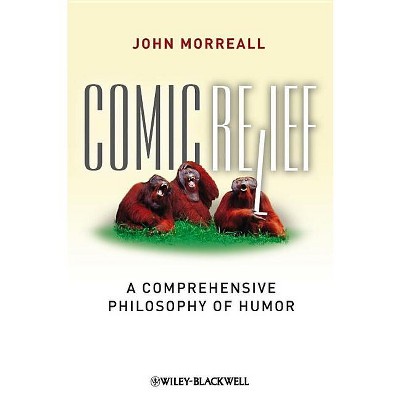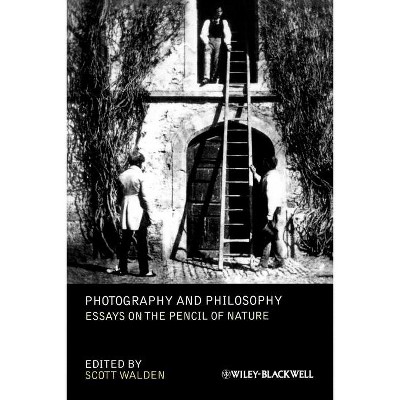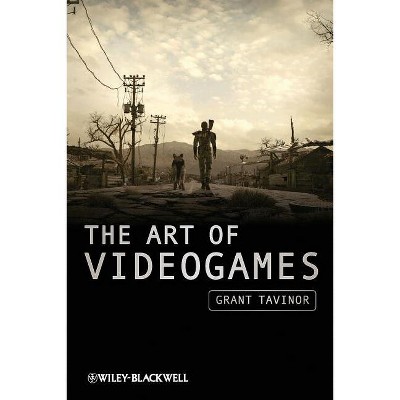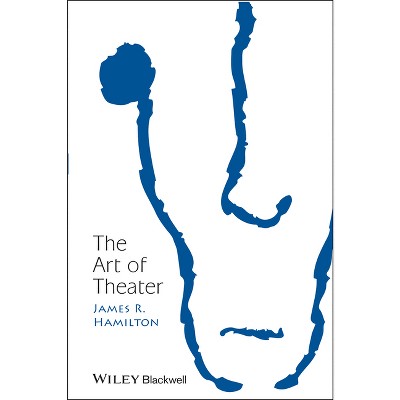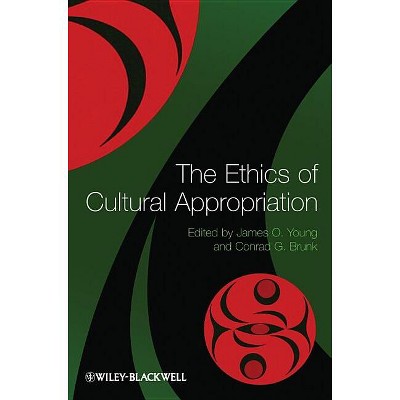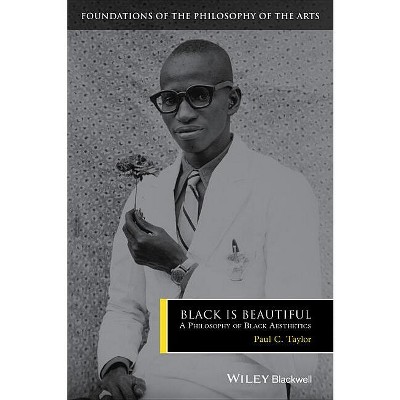Cultural Appropriation and the Arts - (New Directions in Aesthetics) by James O Young

About this item
Highlights
- Now, for the first time, a philosopher undertakes a systematic investigation of the moral and aesthetic issues to which cultural appropriation gives rise.
- About the Author: James O. Young is Professor and Head of the Department of Philosophy, University of Victoria.
- 184 Pages
- Philosophy, Aesthetics
- Series Name: New Directions in Aesthetics
Description
Book Synopsis
Now, for the first time, a philosopher undertakes a systematic investigation of the moral and aesthetic issues to which cultural appropriation gives rise.- Cultural appropriation is a pervasive feature of the contemporary world (the Parthenon Marbles remain in London; white musicians from Bix Beiderbeck to Eric Clapton have appropriated musical styles from African-American culture)
- Young offers the first systematic philosophical investigation of the moral and aesthetic issues to which cultural appropriation gives rise
- Tackles head on the thorny issues arising from the clash and integration of cultures and their artifacts
- Questions considered include: "Can cultural appropriation result in the production of aesthetically successful works of art?" and "Is cultural appropriation in the arts morally objectionable?"
- Part of the highly regarded New Directions in Aesthetics series
From the Back Cover
Cultural appropriation is a pervasive feature of the contemporary world. The Parthenon Marbles remain in London. Works of art from indigenous cultures are held by many metropolitan museums. White musicians from Bix Beiderbeck to Eric Clapton have appropriated musical styles from African-American culture. From North America to Australasia, artists have appropriated motifs and stories from aboriginal cultures. Novelists and filmmakers from one culture have taken as their subject matter the lives and practices of members of other cultures.
The practice of cultural appropriation has given rise to important ethical and aesthetic questions: Can cultural appropriation result in the production of aesthetically successful works of art? Is cultural appropriation in the arts morally objectionable? These questions have been widely debated by anthropologists, archaeologists, lawyers, art historians, advocates of the rights of indigenous peoples, literary critics, museum curators and others. At root, however, these questions are philosophical questions. Now, for the first time, a philosopher undertakes a systematic investigation of the moral and aesthetic issues to which cultural appropriation gives rise.
Review Quotes
"Cultural Appropriation and the Arts, by James O. Young, provides an analytical, comprehensive overview of ethical and aesthetic issues concerning cultural appropriation." (Journal of Cult Economy, 25 March 2011)
"Young tackles an ambitious subject in this book. Culture, appropriation, and art, the keywords in the book's title, are all notoriously difficult to define. Young does not dedicate his book to defining these terms. Instead he clarifies family resemblances of these concepts, which he uses to make a case against cultural appropriation generally and the incorporation of cultural appropriation in the arts specifically. Recommended." (Choice, November 2008)
"The chief virtue of the book, [is] the conceptual clarifications Young brings to this diffuse topic, in particular the basic distinctions among types of appropriation." (Notre Dame Philosophical Reviews)
"This book could only have come about through many years of travel and scholarly investigation. It is a valuable introduction for those not familiar with the literature on this interesting subject. Cultural Appropriation and the Arts will become the standard work in this field for many years to come, and undergraduates could gain every bit as much from its interesting examples and clear arguments as graduate students and professionals can." (Phil Jenkins, Journal of Aesthetics and Art Criticism, vol. 67, no.)
About the Author
James O. Young is Professor and Head of the Department of Philosophy, University of Victoria. He has published extensively on philosophy of language and philosophy of art. His previous books include Global Anti-realism (1995) and Art and Knowledge (2001), and he is editor (with Conrad Brunk) of The Ethics of Cultural Appropriation (Blackwell, 2008).





